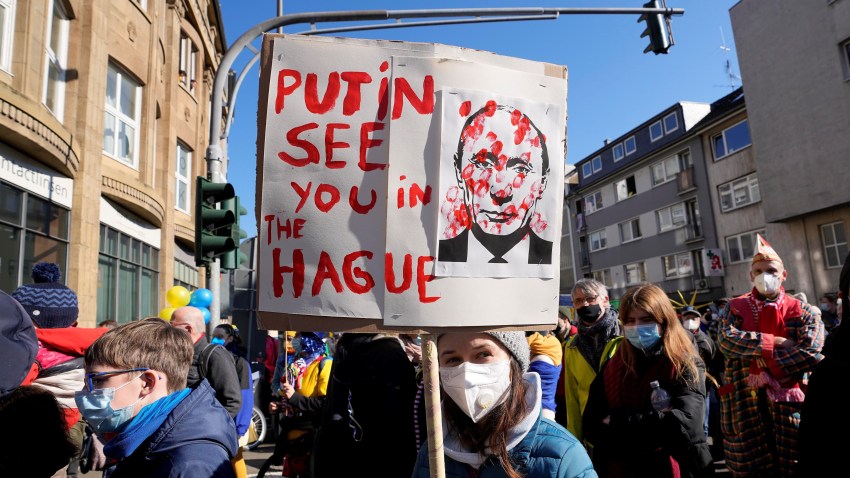A week ago, the International Criminal Court issued arrest warrants for Russian President Vladimir Putin and Maria Lvova-Belova, Russia’s children’s rights commissioner, for organizing the scheme by which Ukrainian children have been taken from their families and deported to Russia. In issuing the warrants, the court charged Putin and Lvova-Belova with “the war crime of unlawful deportation of population (children) and that of unlawful transfer of population (children) from occupied areas of Ukraine to the Russian Federation.”
The court, which was established in 1998 by the Rome Statute and came into effect in 2002, is obligated to investigate, charge and try individuals who have allegedly committed the “the gravest crimes of concern to the international community,” ranging from genocide to violations of the laws of war, in cases where the government with national jurisdiction is unable or unwilling to do so. Following the charges against him, Putin now joins the likes of former Sudanese President Omar al-Bashir and the late Libyan leader Muammar Gadhafi as serving heads of state charged by the court. Former President Laurent Gbagbo of Cote d’Ivoire was also charged by the ICC in 2011, but that followed his ouster.
The ICC’s decision to issue a warrant for Putin has been described as “unsurprising,” “long overdue” and “encouraging.” It could also be described as notable, since ICC investigations and charges have until now concerned small states throughout the Global South, particularly in Africa, but never a major power like Russia.

